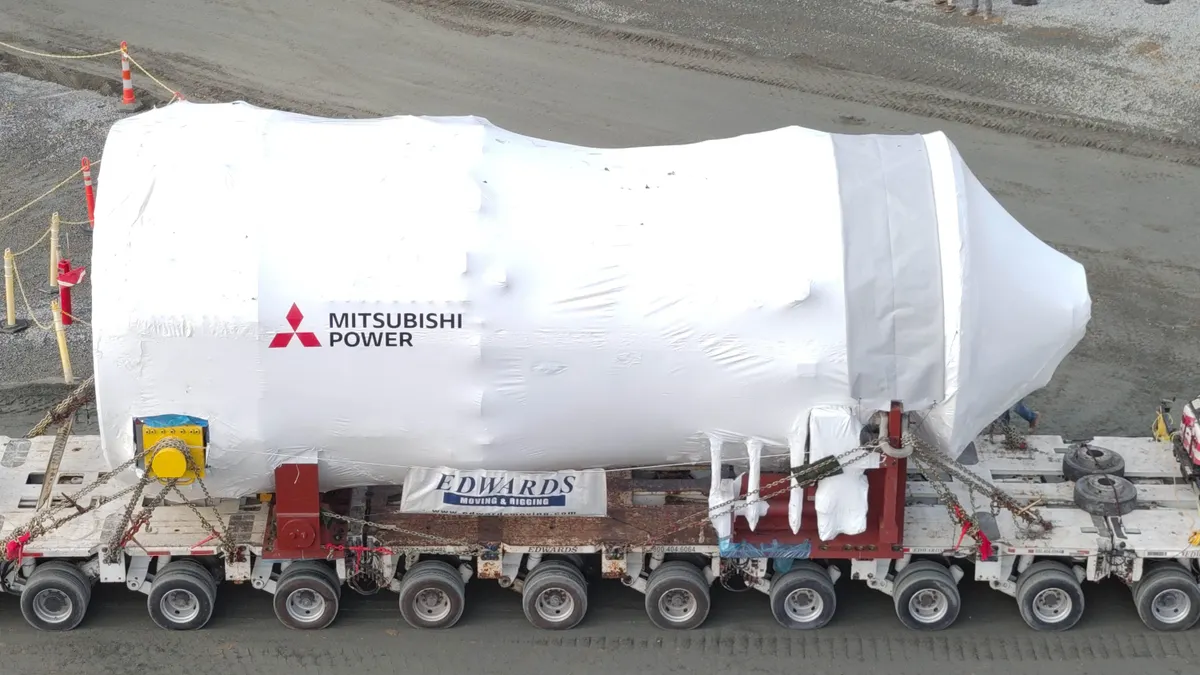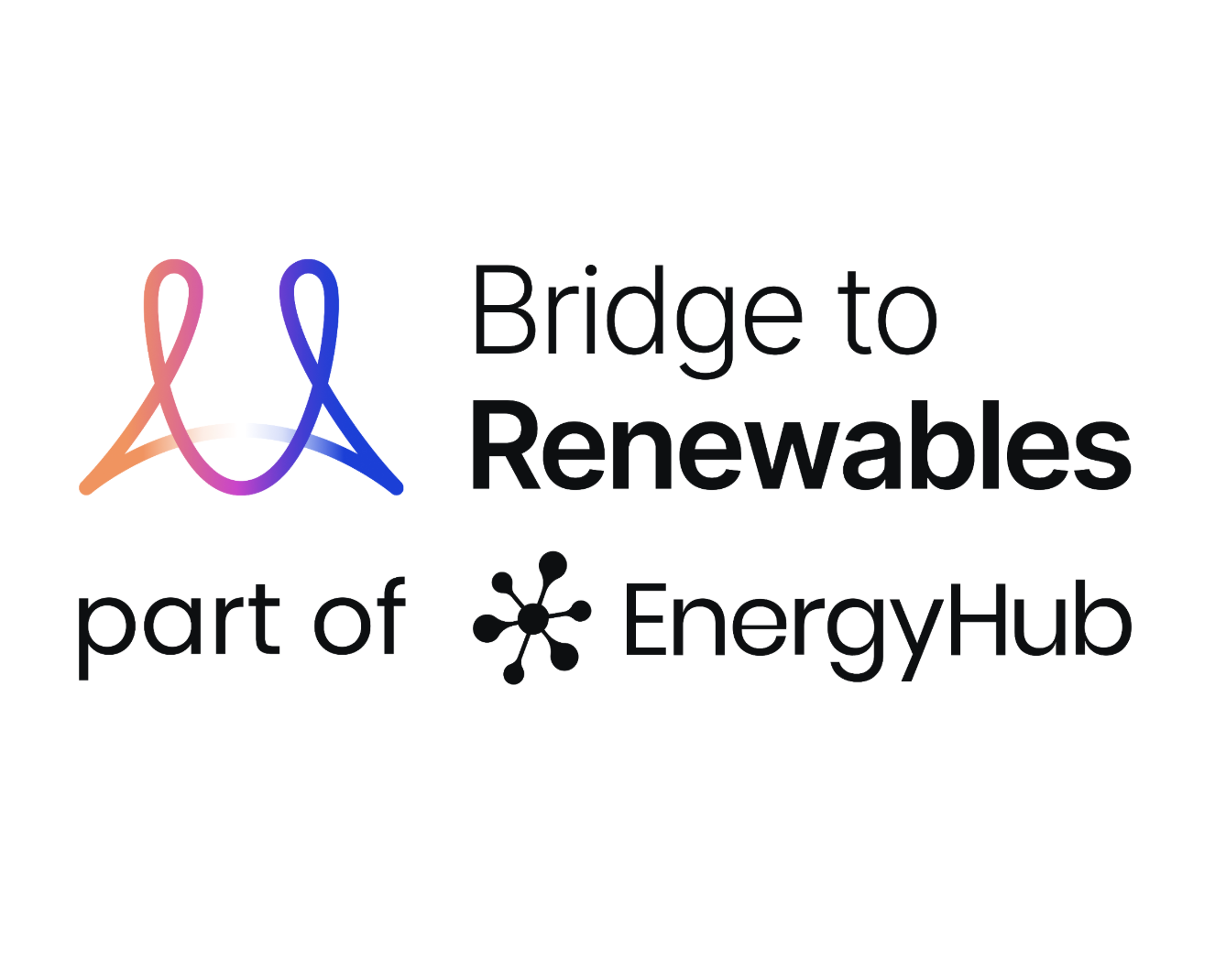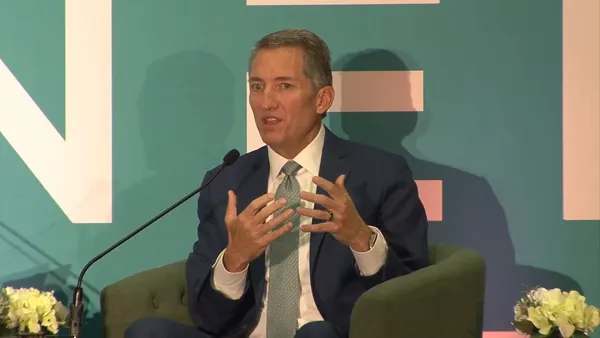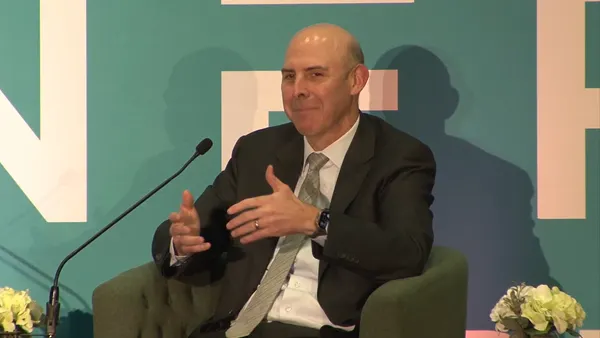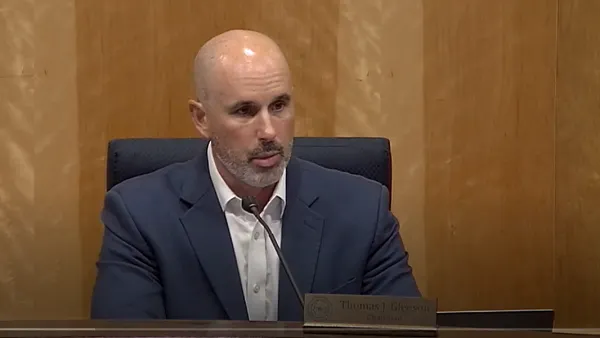Dive Brief:
-
The Federal Energy Regulatory Commission will review its 1999 policies governing pipeline approvals, new Chairman Kevin McIntyre announced during a busy open meeting on Thursday in Washington D.C.
-
In addition to the pipeline review, FERC approved a new cybersecurity rulemaking and issued an order to investigate fast-start generation pricing tariffs in three wholesale power markets — PJM, SPP and the New York ISO.
-
The new chairman said he does not "envision" asking for more time to examine the DOE grid resilience proposal, for which he got a 30-day extension earlier this month. McIntyre declined comment on the specifics, but said he would not recuse himself from the proceeding despite having represented major players in the case before FERC in the past.
Dive Insight:
The last FERC open meeting of 2017 was a busy one, with the agency announcing a major policy review and approving orders on cyber and fast-start pricing while also welcoming a new chairman and commissioner.
The pipeline policy review was an unexpected development at an agency that has approved dozens of such applications in the past year. McIntyre said it would be only one of many FERC policies that could get a "fresh look" during his tenure, but stressed that regulators are taking on the review "without prejudging anything."
"Much has changed in the energy world since 1999, and it is incumbent upon us to take another look at the way in which we assess the value and viability of our pipeline applications," McIntyre said.
Commissioners Cheryl LaFleur and Richard Glick, both Democrats, welcomed the pipeline review, saying FERC should focus on how it determines economic need for pipelines, as well as the environmental impacts of the projects.
LaFleur authored two dissents in pipeline cases this autumn, arguing FERC should expand its analysis of pipeline need beyond the precedent agreements used today. Glick, however, had not weighed in on pipeline issues in such a detailed fashion before, and his comments situated him firmly in LaFleur's camp on pipeline issues.
“I believe the commission should assess whether its current approach for evaluating the environmental impacts of proposed gas pipelines, including potential greenhouse gas emissions, requires modification,” he said.
Commissioners Neil Chatterjee and Richard Powelson both also said they supported the review, but said they do not see problems with the way FERC approves pipelines today. Environmental protesters have targeted that approval process in recent years, disrupting FERC hearings and even visiting regulators’ houses in years past.
Chatterjee, who got into a social media scuffle with a celebrity protestor last month, said his “door is open” and invited input from pipeline opponents. Powelson, however, indicated he may be less receptive to the environmentalists’ arguments.
“I don’t want to prejudge that outcome” of the review, he said. “I also don’t want to sit here and kowtow to a certain constituency that may want to drive outcomes.”
Chairman McIntyre, for his part, said he also did not see glaring issues with the pipeline approval process today, and said the review will not likely impact any pipelines with reviews pending.
Cyber and fast-start
FERC also approved a new Notice of Proposed Rulemaking on cybersecurity, seeking to update reporting standards under its Critical Infrastructure Protection (CIP) program.
The current CIP standards has a mandatory reporting provision, staffers told commission members during the meeting, but it “only kicks in when operations are actually affected.”
The new standards, by contrast, would require reporting whenever a hacker breached an entity’s electronic security perimeter or control or monitoring systems, even if it does not disrupt service. The cyber NOPR would also specify which information should be included in the reports to “improve quality and allow comparison,” staffers said. It would also require NERC to file annual, anonomized reports on attempted hacking.
The cyber NOPR was approved unanimously by FERC members, as were three orders initiating investigations under section 206 of the Federal Power Act into fast-start tariffs in wholesale markets.
The 206 investigations will examine whether tariff revisions are required to fast-start products in PJM, NYISO and SPP to better align prices with the marginal cost of service.
In NYISO, FERC wants the grid operator to better reflect start-up costs in its pricing and relax economic operating limits “by up to 100% for the purpose of setting price.”
FERC wants the same operating limit relaxation from PJM, as well as modifications to allow “commitment costs of fast-start resources to be reflected in prices.”
In SPP, FERC pushed the grid operator for the same commitment cost modifications alongside revisions to allow “quick-start resources, including block-loaded resources, to set price.”
The 206 investigations come instead of a broader rulemaking the agency was considering to set uniform fast-start pricing across the country. Other grid operators, like ISO-NE and MISO, have “already implemented the best practices in the 206s for fast-start,” staffers said.
Resilience recusal?
After the meeting, Chairman McIntyre told reporters the commission would likely conclude work on the Department of Energy’s controversial resilience NOPR by Jan. 10.
In his previous role as head of the energy practice at Cleveland law firm Jones Day, McIntyre represented a wide variety of energy companies, including Exelon and FirstEnergy — two of the DOE NOPR’s biggest allies. That involvement, he said, is unlikely to cause him to recuse himself from the proceeding.
“There are a lot of areas where I don’t take a step around here without close consultation with the designated agency ethics official, so I will be sure I will stay within the proper boundaries,” he said, adding that it would not be “necessary or appropriate” to recuse himself.



